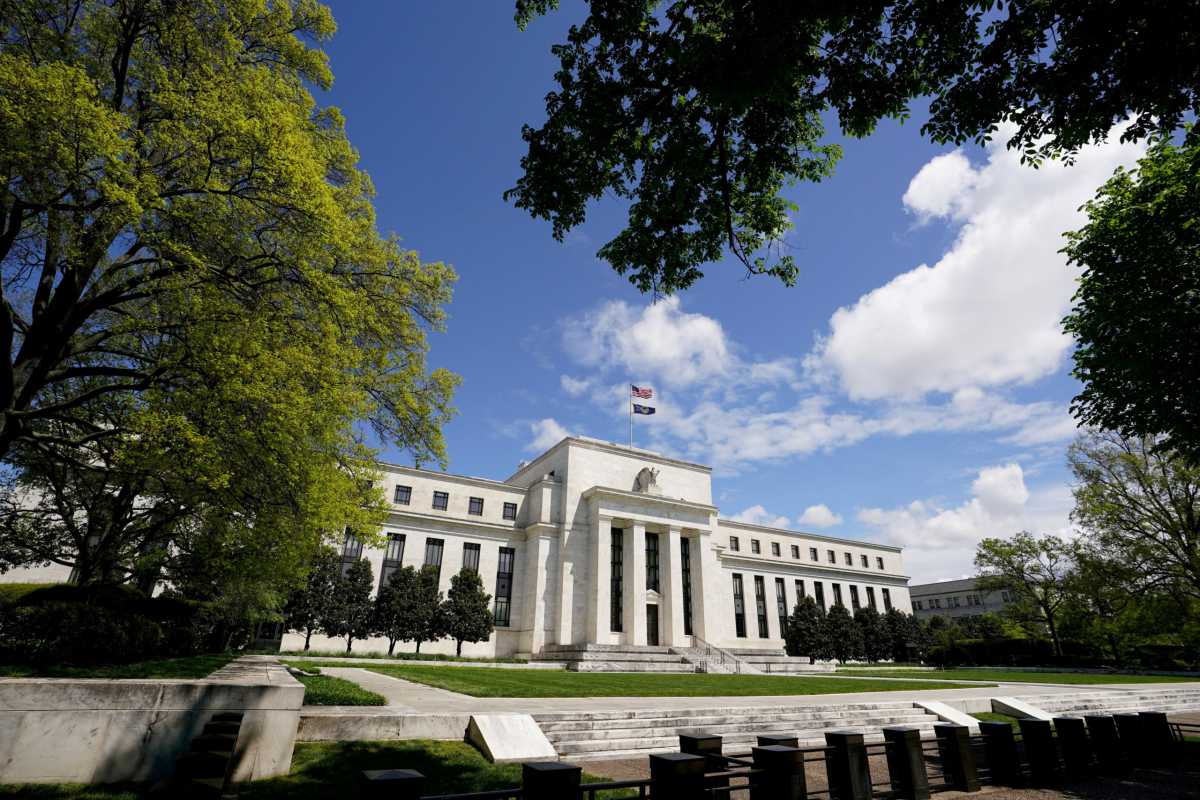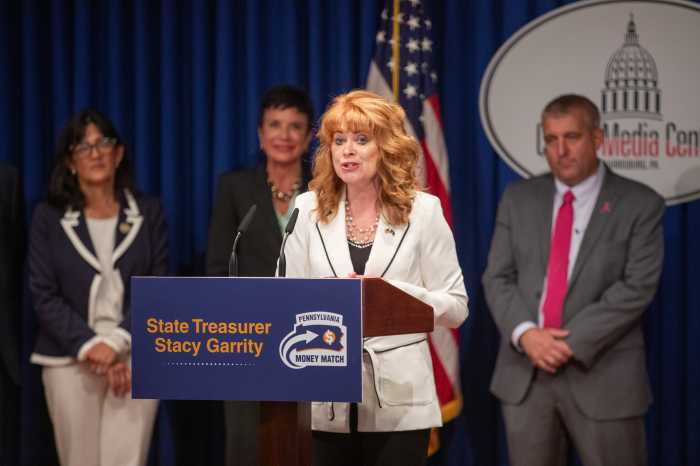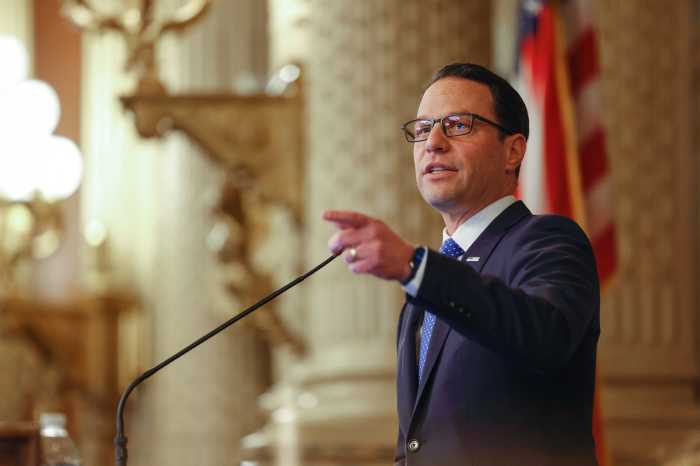By Howard Schneider
The Federal Reserve on Thursday banned individual stock purchases by its top officials and unveiled a broad set of other restrictions on their investing activities, roughly six weeks after reports of active trading by some U.S. central bank policymakers triggered an ethics uproar.
The new rules will limit the types of financial securities the Fed’s top officials can own, including a ban on purchasing individual stocks or holding individual bonds. It also requires a 45-day advance notice and approval of any transaction and stipulates investments be held for at least a year.
“These tough new rules raise the bar high in order to assure the public we serve that all of our senior officials maintain a single-minded focus on the public mission of the Federal Reserve,” Fed Chair Jerome Powell said a statement.
In a statement, the Fed said the new rules were meant to “help guard against even the appearance of any conflict of interest in the timing of investment decisions.”
The new rules were announced after two of the 12 regional Fed bank presidents – the Boston Fed’s Eric Rosengren and the Dallas Fed’s Robert Kaplan – resigned after reports of their active trading in 2020, when the central bank launched a massive effort to fight the economic impact of the COVID-19 pandemic. The Fed’s efforts helped buoy financial markets on a broad basis.
Active trading by top Fed officials will now be expressly prohibited, with the securities allowed to be owned limited to things like mutual funds, and then any sales or purchases vetted in advance by the central bank’s ethics officer. It will also force officials, including Powell, to divest from a broad set of holdings that are now considered out of bounds.
Powell, for example, owns several different municipal bonds that he will eventually be required to sell.
A Fed official said the new requirements are meant as a bold stroke that could set a standard for other central banks or other parts of the U.S. government, and are aimed at building public trust that officials are not influenced by personal interest in their decisions.
Perhaps unique among U.S. government officials, Fed policymakers not only influence the fate of individual companies or economic sectors, like other regulators, but have the power to lift asset values far more broadly – a fact that made their trading last year a lightning rod.
Beyond the resignations of Rosengren and Kaplan, Powell and Fed Vice Chair Richard Clarida had been criticized for what, in other times, would have been treated as innocuous transactions involving, for example, stock index funds.
In the context of the economic crisis triggered by the pandemic, however, the disclosures drew demands from leaders in Congress for tougher oversight, and clouded Powell’s bid for a second term as Fed chief.
The new rules could head off those demands and dampen the criticism.
When asked about the Fed’s new rules on trading, a White House spokeswoman said President Joe Biden’s administration respected the independence of the central bank and would not comment on recent developments.
“President Biden believes that all government agencies, and officials, including independent agencies, should be held to the highest ethical standards, including the avoidance … of any suggestions of conflicts of interest,” she said.
Other inquiries remain underway, including Powell’s request that the Fed’s inspector general review past transactions.
A New York Times report earlier on Thursday said that ethics officials in March 2020 had cautioned Fed policymakers about personal securities trading as the central bank geared up for what became a massive and wide-ranging effort to battle the pandemic and keep the economy and asset markets from crashing.
The Times said it had confirmed the substance of a March 23 email from the Fed’s main ethics office, ultimately distributed through the system and to the 12 regional bank presidents, advising against what the newspaper characterized as unnecessary trading given the central bank’s developing crisis response.
Over the weeks to come the Fed would launch programs that touched virtually every asset market and even offered credit to individual businesses.
The Times report suggested that bank officials in charge of enforcing, and advising on, its internal rules were sensitive to the potential conflicts, or at least the appearance of them, that could arise as policymakers debated and voted on programs that would ultimately pull financial markets from the brink of collapse and set the stage for a record run of appreciation.
For their part, Rosengren and Kaplan said all their trading activity complied with Fed rules – one of the factors that prompted Powell to call for an overhaul of the ethics guidelines. Following the Times story, U.S. Senator Elizabeth Warren, a Democrat, wrote to Powell asking that the correspondence from the ethics office be released. Warren has been among Powell’s harshest critics, and in a recent hearing dubbed him a “dangerous man” for what she regards as inadequate Fed oversight of the banking industry. She opposes his appointment to a second term as Fed chief.
“I am writing to ask that you release this information immediately, so that Congress and the public can evaluate the extent to which Fed officials may have known of the risks from their trading, and if they ignored calls by ethics officials to avoid this scandalous behavior,” Warren wrote.
Reuters






























